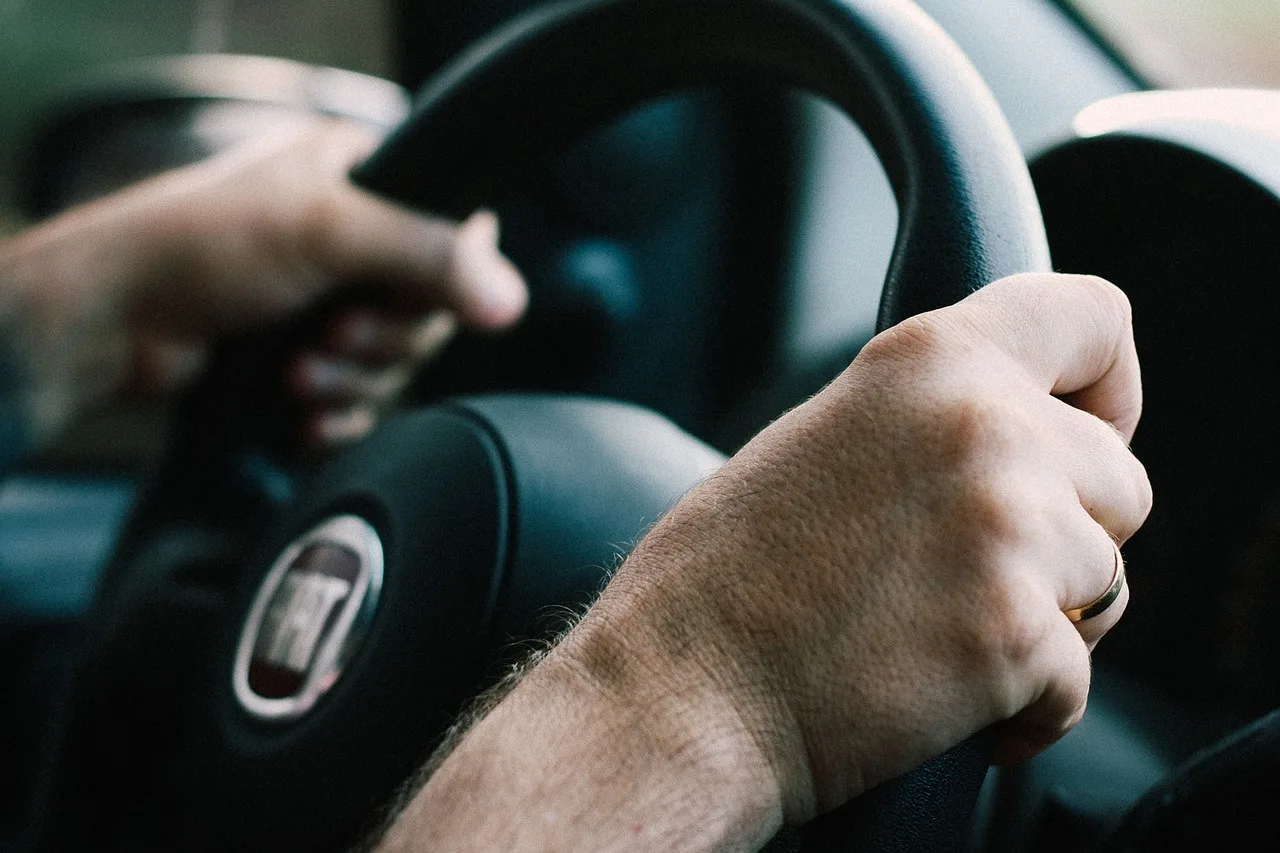There’s a good chance you’ve noticed a distracted driver. Whether the driver is staring intently at their phone or fiddling with the dashboard’s control panel, they’re eyes aren’t on the road.
Even if their eyes are on the road it still doesn’t necessarily mean they’re paying attention; their mind can be anywhere except on their driving. This behavior is dangerous and a common cause of vehicle accidents.
Do you know what to do after a distracted driver accident? There are specific steps to navigate a distracted driving claim.
Steps to Take After a Distracted Driving Accident
The steps you take after being involved in an accident with a distracted driver can affect your claim. If you suffer injuries and/or property damage, the last thing you want to do is jeopardize your legal right to seek compensation.
Thankfully, you can take a few steps to help protect your legal rights. These steps are relatively simple and some are even common sense.
Get Out of the Way
Even if your distracted driving accident happens in a parking lot, you still want to get out of other drivers’ way. This especially applies if the accident occurs in the middle of a busy road. There’s usually no reason to put yourself at risk of causing another accident.
If your vehicle is drivable and your injuries aren’t too severe, move the involved cars to a safe location. This can be the side of the road. If a distracted driving accident happens on a freeway, try to find the nearest exit and pull into a parking lot.
Don’t worry too much about moving your vehicle from the accident scene. The authorities will still be able to reconstruct the accident. You’re also not in danger of getting a hit-and-run ticket. You’ll alert the authorities of the move when reporting you’re reporting the collision.
Contact Emergency Services
Florida law is pretty clear when it comes to whether or not you need to report a traffic accident. If the accident results in injuries, fatalities, or property damage exceeding $500, the collision must be reported. Since even replacing a dented bumper after a minor fender bender is usually more than $500, it’s best to always call the authorities.
If you’re wondering who to call, just dial 911. The operator will ensure the right personnel show up at the accident scene. If no one is reporting any injuries, let the operator know. Let them decide if an ambulance is necessary. Don’t presume some emergency services aren’t needed. If you guess wrong, you can potentially be named as a defendant in a personal injury suit.
When the police show up, be ready to provide them with your driver’s license, vehicle registration, and a copy of your auto insurance. You should always keep a copy of both your registration and insurance in your vehicle. If you can’t provide this information, you may be issued a citation.
However, don’t panic—as long as you provide the missing documents on or before your traffic court case the charges are typically dismissed. This also shouldn’t hurt your personal injury claim if you decide to pursue compensation for damages.
A quick tip is to get the names and badge numbers of the responding officers. This information is usually included in your accident report, but it doesn’t hurt to get the information at the accident scene.
Don’t Apologize for the Accident
Saying ‘I’m sorry’ is human, and it’s something we’re taught to do. While it is polite, you want to skip this pleasantry. Even if it’s obvious you’re not the distracted driver and the one responsible for the accident, simply apologizing to anyone can be used against you. This can affect your distracted driving case and the potential compensation amount you could get.
You will need to provide accident details to the responding officers. Go ahead and discuss the events leading up to the accident. However, keep your answers to any questions brief and to the point. This means avoiding speculating about the other driver’s actions. You also don’t want to play the ‘what if’ game with your actions. For example, don’t say ‘what if I had taken another route’.
Once again, anything you say can be used against you by the at-fault driver’s insurance company. Since Florida is a comparative negligence state, your statements may even make it possible for some of the blame to be assigned to you. This means your compensation is reduced by the percentage you’re found to be at fault.
Collect Evidence
If your injuries prevent you from becoming an amateur detective, don’t worry. This shouldn’t affect your distracted driving case. If it’s possible, you can collect some evidence to help support your claim.
You can get contact information from any witnesses, but remember not to discuss the accident. Your insurance and that of the distracted driver will also talk to these witnesses. You don’t want the witnesses to repeat your words back to the other driver’s insurance company.
Talk pictures of any vehicle damage and your injuries, which also includes photographing any injuries your passengers may suffer. Don’t worry about photographing the other driver’s vehicle. Let the authorities handle this; it’s a standard part of their investigation.
All of this information should also be available in your official accident report, and it’s usually ready for pickup in around seven business days.
Seek Medical Attention
Even if you don’t believe you have injuries, it’s still a good idea to visit your primary care physician. Some injuries can take a few days before showing any signs or symptoms. You’ll also need copies of your medical records for your distracted driving claim. So, save all of your paperwork including any medical bills and receipts.
Without these documents, you’re going to run into difficulties during negotiations with the insurance company.
Contact a Distracted Driving Attorney
Engaging an experienced distracted driving attorney before initiating negotiations with an insurance company is key to your case’s success.
Your attorney is adept at navigating the complexities of your distracted driving claim, including interactions with insurance adjusters. They also possess the expertise to ensure that every facet of your case is thoroughly addressed. This type of comprehensive and strategic approach significantly enhances your chances of obtaining a comprehensive settlement that fully acknowledges the extent of your damages.






